No two days are the same at Castleton Farm – and this happens to be one of the many reasons why the Mitchell family has cherished running it over the years.
They have been farming at Castleton since the 1900s, and started growing their famed fruit two years later before putting up their first polytunnels in 2000.
But the past few decades, in particular, have seen the successful Howe of the Mearns business grow exponentially.
In May 2008, for example, Castleton Farm – which prides itself on producing the best traditional Scottish food – launched its farm shop and café.
It is run by Anna Mitchell, attracting people from across the country and further afield.
I caught up with Anna (ahead of another busy summer at Castleton Farm) to hear all about what goes on behind the scenes, plus what customers can expect in the farm shop and café. this year…
Strawberry tarts continue to be a ‘big hit’ at Castleton Farm – and quite rightly so
Castleton Farm grows strawberries, raspberries, blueberries, blackberries and cherries. Harvest season spans from late-March right through to late-November.
It also grows arable crops, including wheat and barley.
Anna revealed the most popular product on offer at the farm shop and café, and her answer didn’t surprise me.
“Our strawberry tarts are a big hit,” the 43-year-old said.
“They are made fresh with real double cream, Castleton strawberries and our own glazing jelly [which is] made in our jam kitchen using our own berries with no artificial colours or flavourings.
She went on to say that their tart jelly and berries, especially cherries when they’re in season, are just as popular.
What else is available?
The business’ freshly-prepared ready meals, chutneys and jams are available in-store. An exciting new product will join them as of Saturday, June 1…
Hemp oil mayonnaise.
While the product has been used in the café over the past few months, its retail launch will coincide with the date of this year’s Taste of Grampian, taking place at P&J Live near Dyce.
Anna added: “We have been using our mayo in the café since the start of the year and are about to launch it in retail jars.”
Taste of Grampian’s 2024 title sponsor is Marks and Spencer. Castleton Farm is among their key suppliers.
Other local products stocked in the shop and/or used in the café include:
- Odmoston Farms eggs
- Keptie Bakery bread
- Mackie’s ice cream
- Graham’s The Family Dairy milk and cream
- Ingrams sausages
- Bannerman Butcher burgers
- Burnside Brewery beers
- Summerhouse Drinks
As well as at Marks and Spencer, you can also get your hand on Castleton Farm’s goodies in local delis, farm shops and garden centres.
You can shop online here, too.
Anna talks me through how the business farms profitably in an ethical and environmentally sustainable way
The team at Castleton Farm varies across the year rising to 500 people, while the shop and café team consists of 45 staff.
“I love the diversity and working with the team,” Anna says.
“No two years are the same… no two days are the same!
“I love the innovation that allows us now to harvest berries for nine months a year instead of the traditional six weeks. I also love the farming community.”
The farming side of the business follows a regenerative agriculture approach, which is centred around improving and revitalising soil health.
It has practiced this since 2018, following five principles.
The first is minimising soil disturbance which “helps support a healthy soil food web”.
Anna went on to say: “We now direct drill or use a ‘no till’ approach, where there is no ploughing before planting.”
Maximising crop diversity is another, along with provision of constant soil cover, keeping a living root in the system and integration of livestock.
Speaking on the latter, Anna added: “We promote species diversity, from microbes to mammals, and put dung back into the system.
“Over winter, we have sheep in to graze off the cover crops, which in turn benefits the soil fertility.
“Livestock on a living cover crop bite the plant, which then releases root exudates in order to regrow. That attracts soil biology that feeds the plant to grow even more, producing more root mass.
“As you increase organic matter, you’re going to have higher water-holding capacity, more nutrient cycling and more nutrients available for subsequent crops.”
For more information on this and Castleton Farm, visit castletonfarm.co.uk.
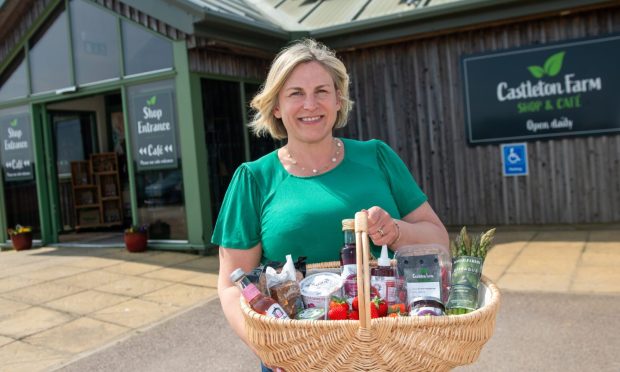
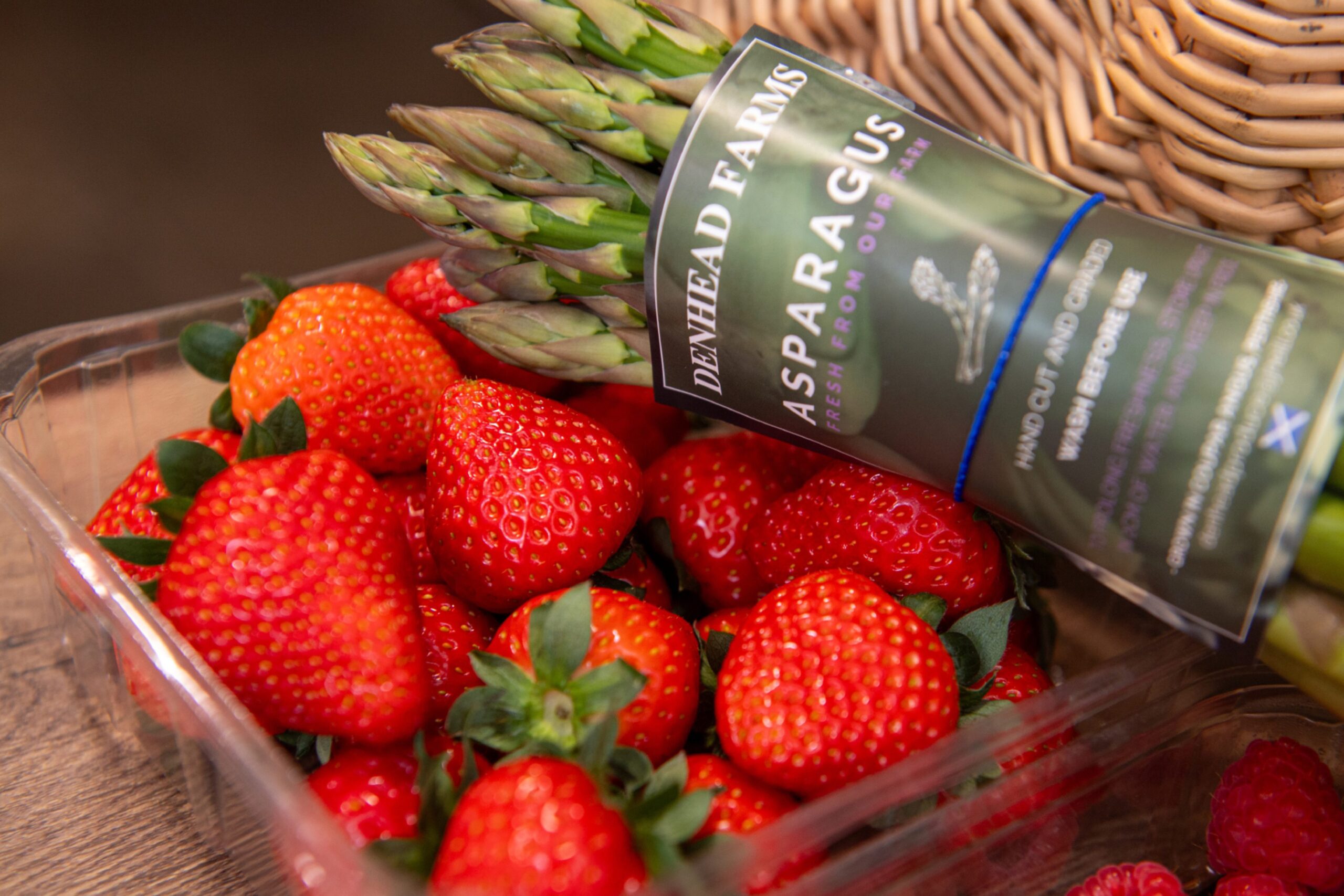
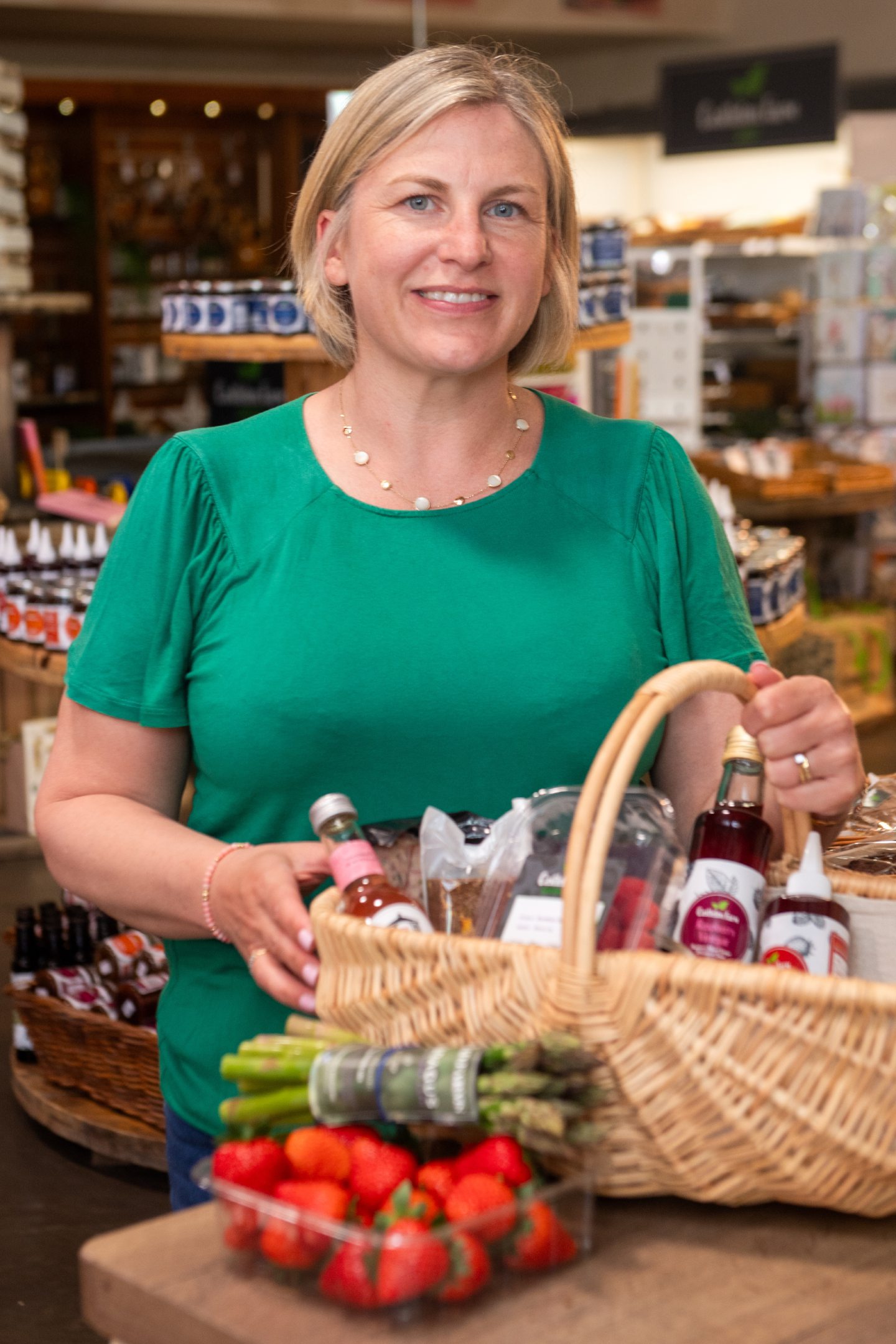
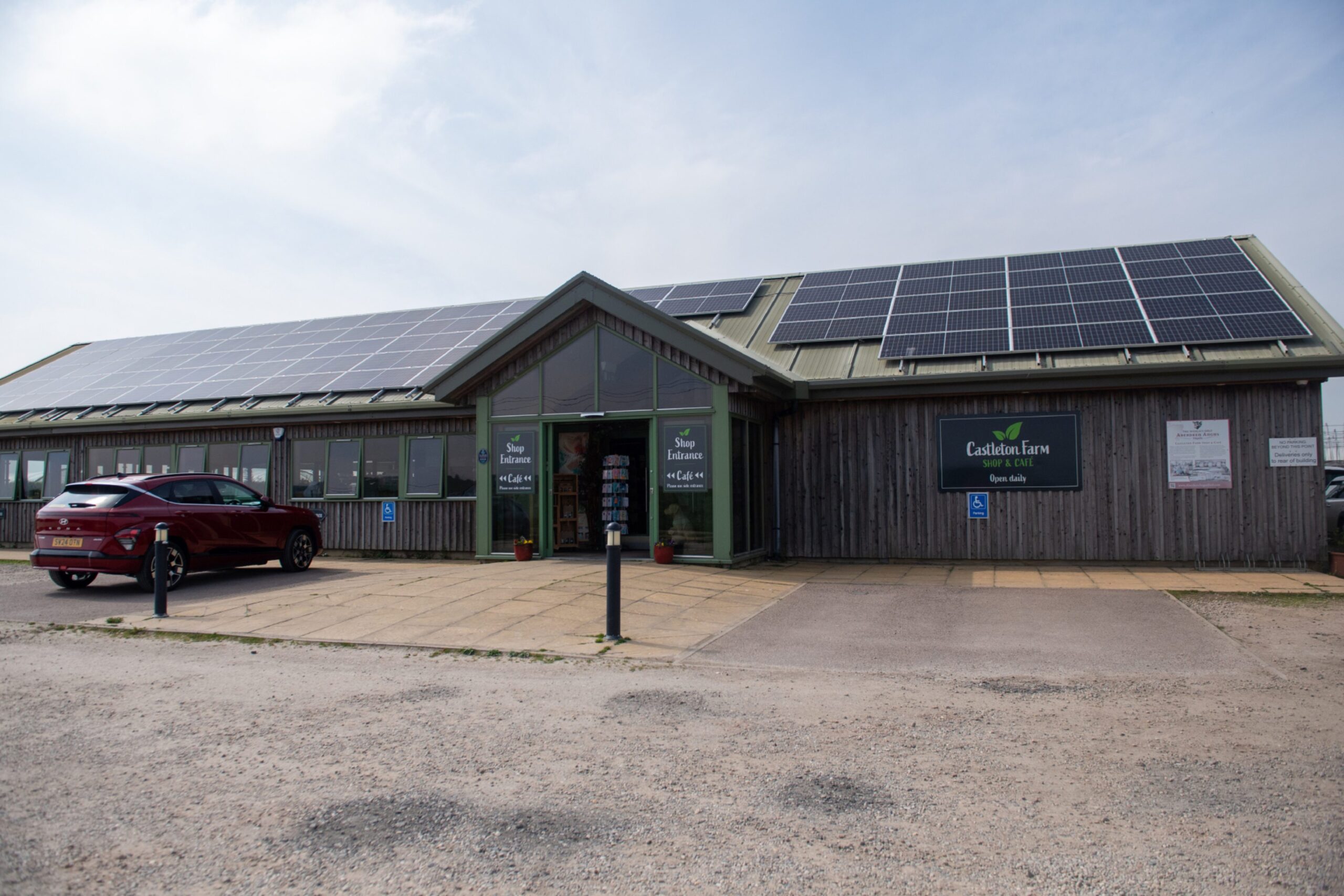
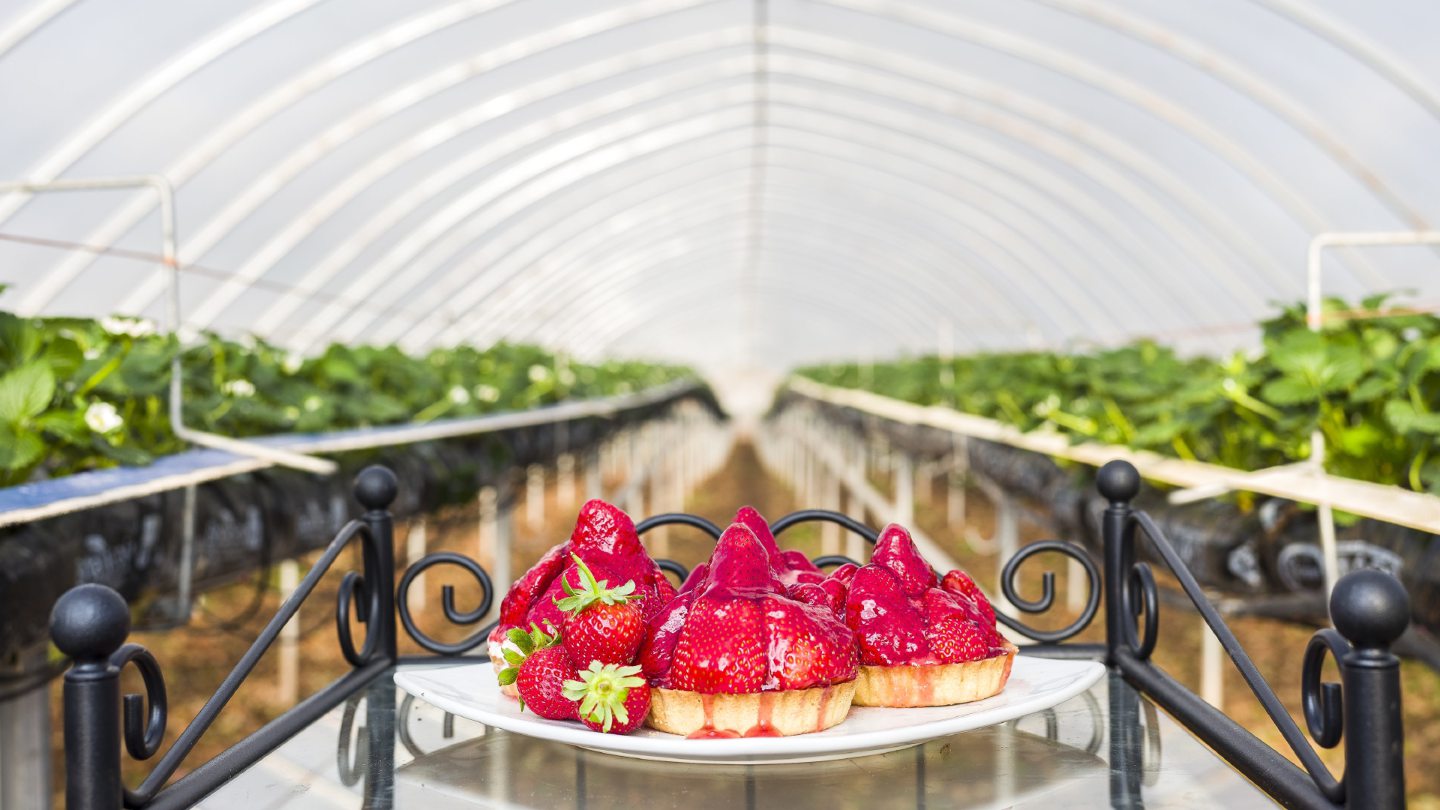
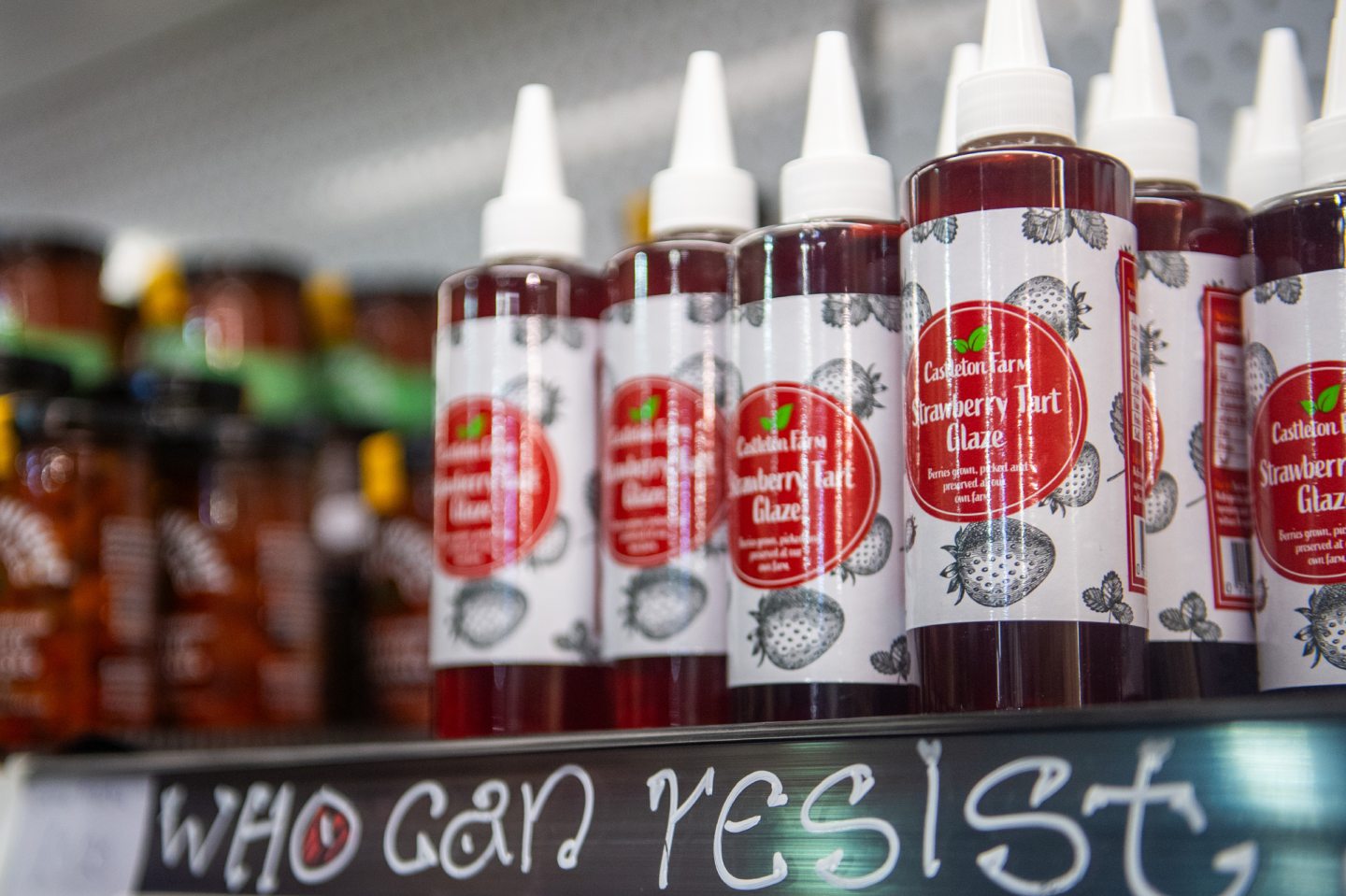

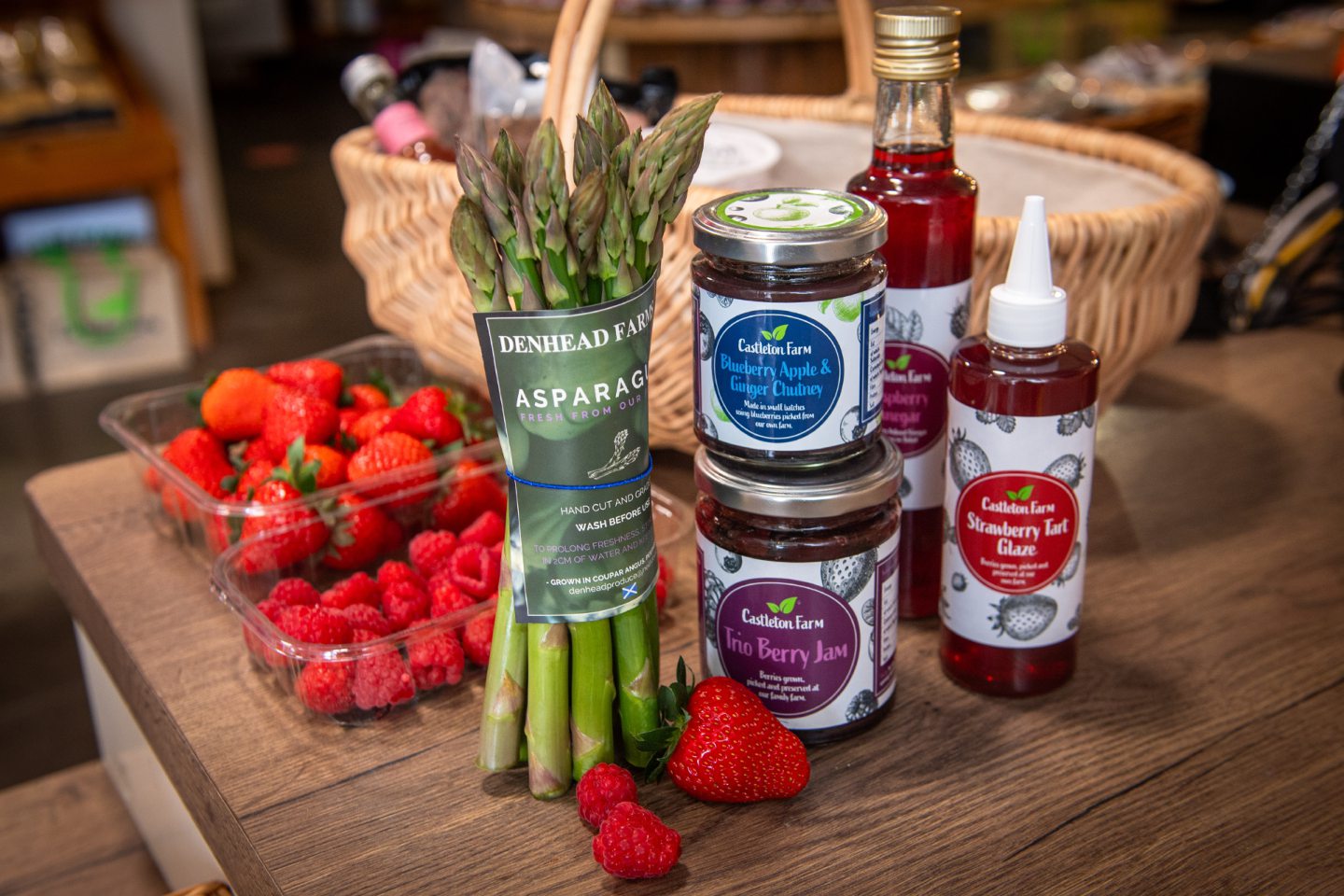
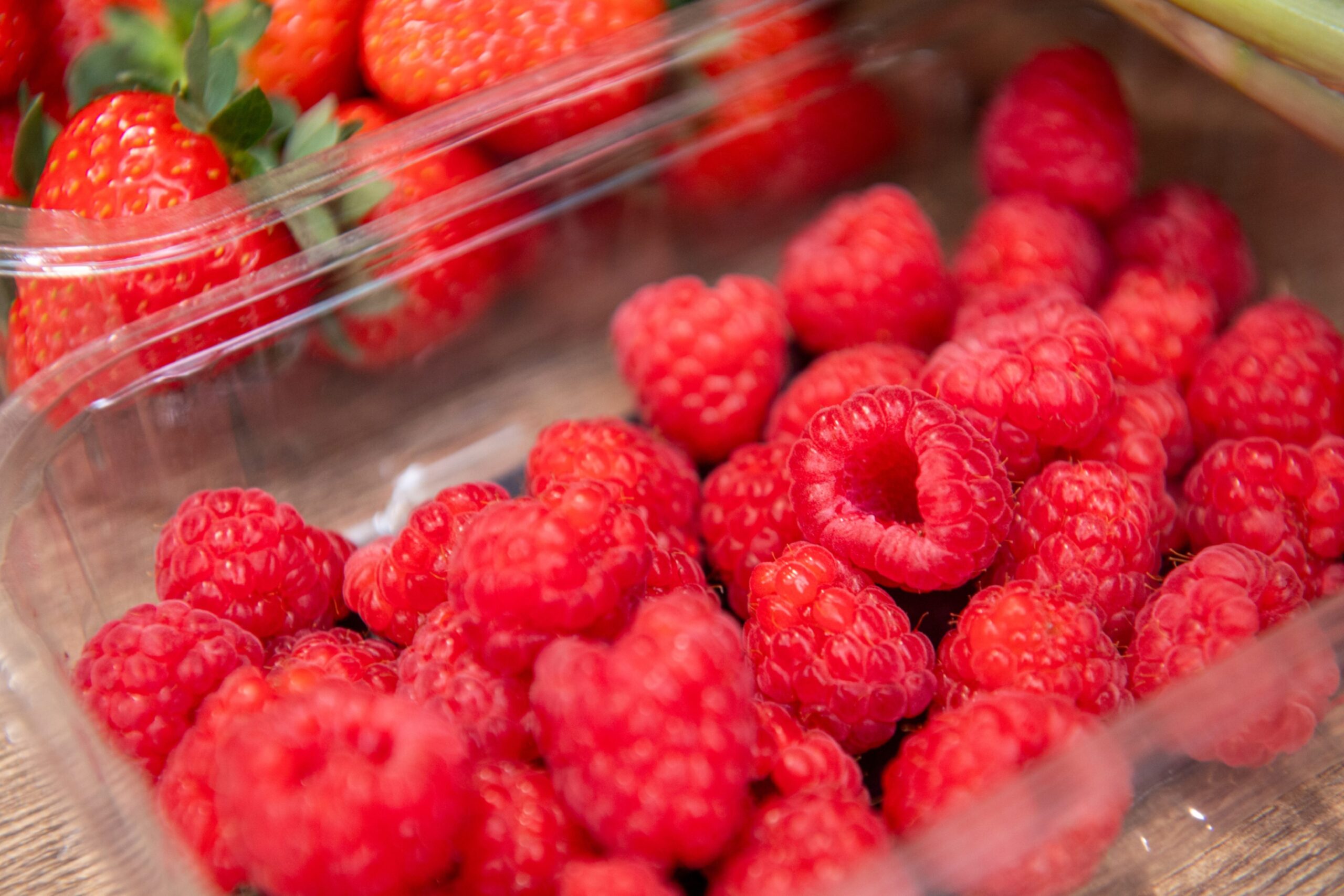
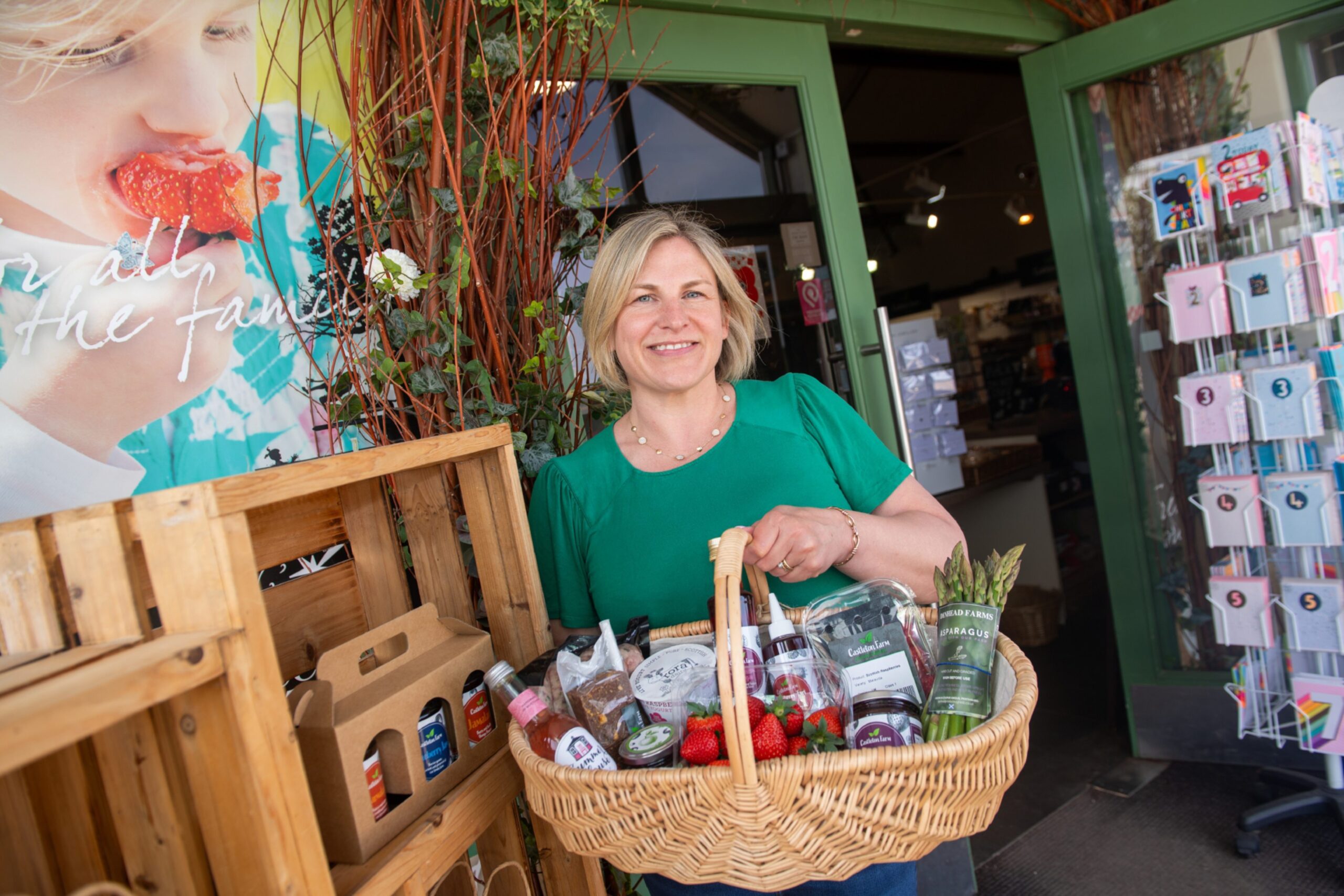
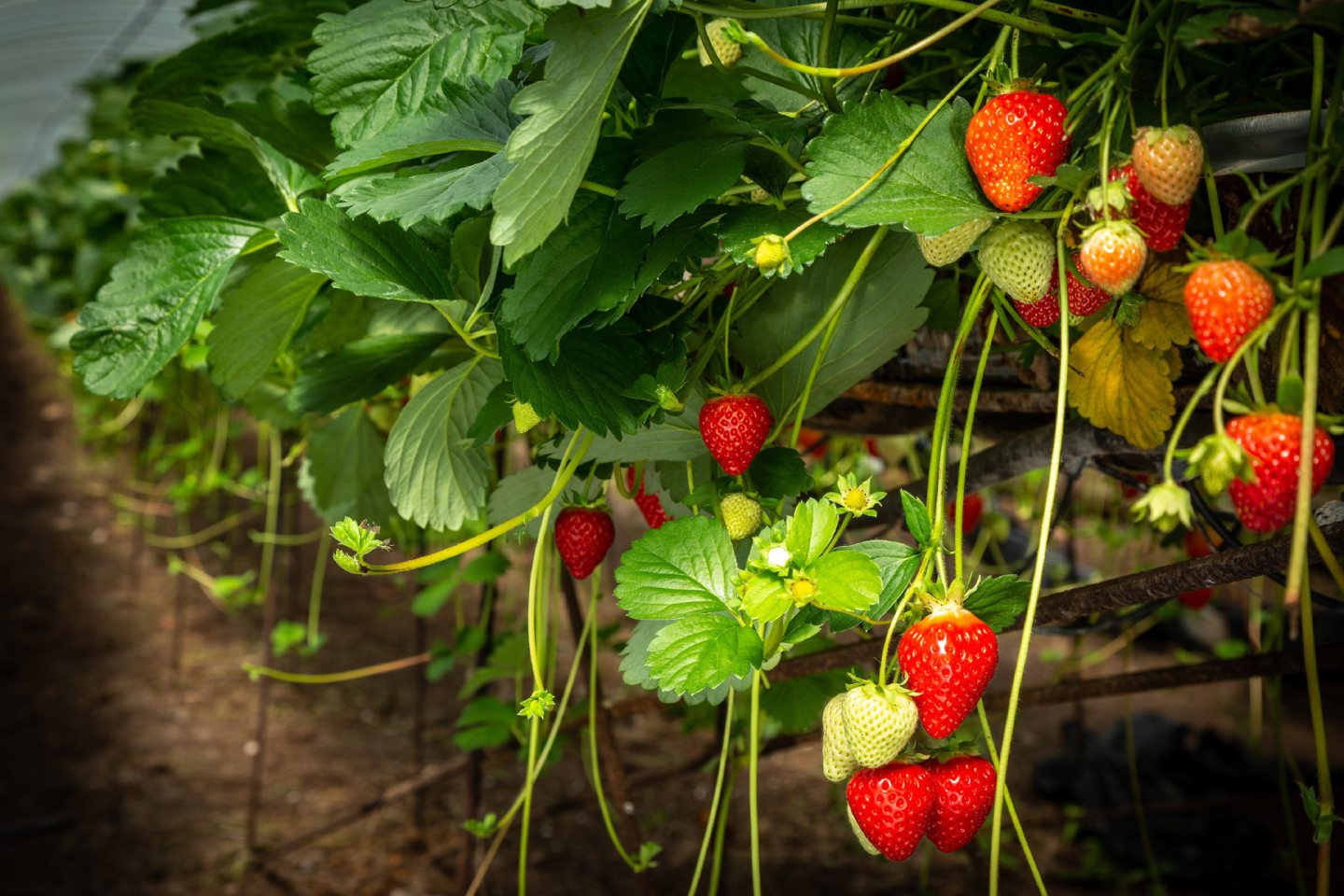
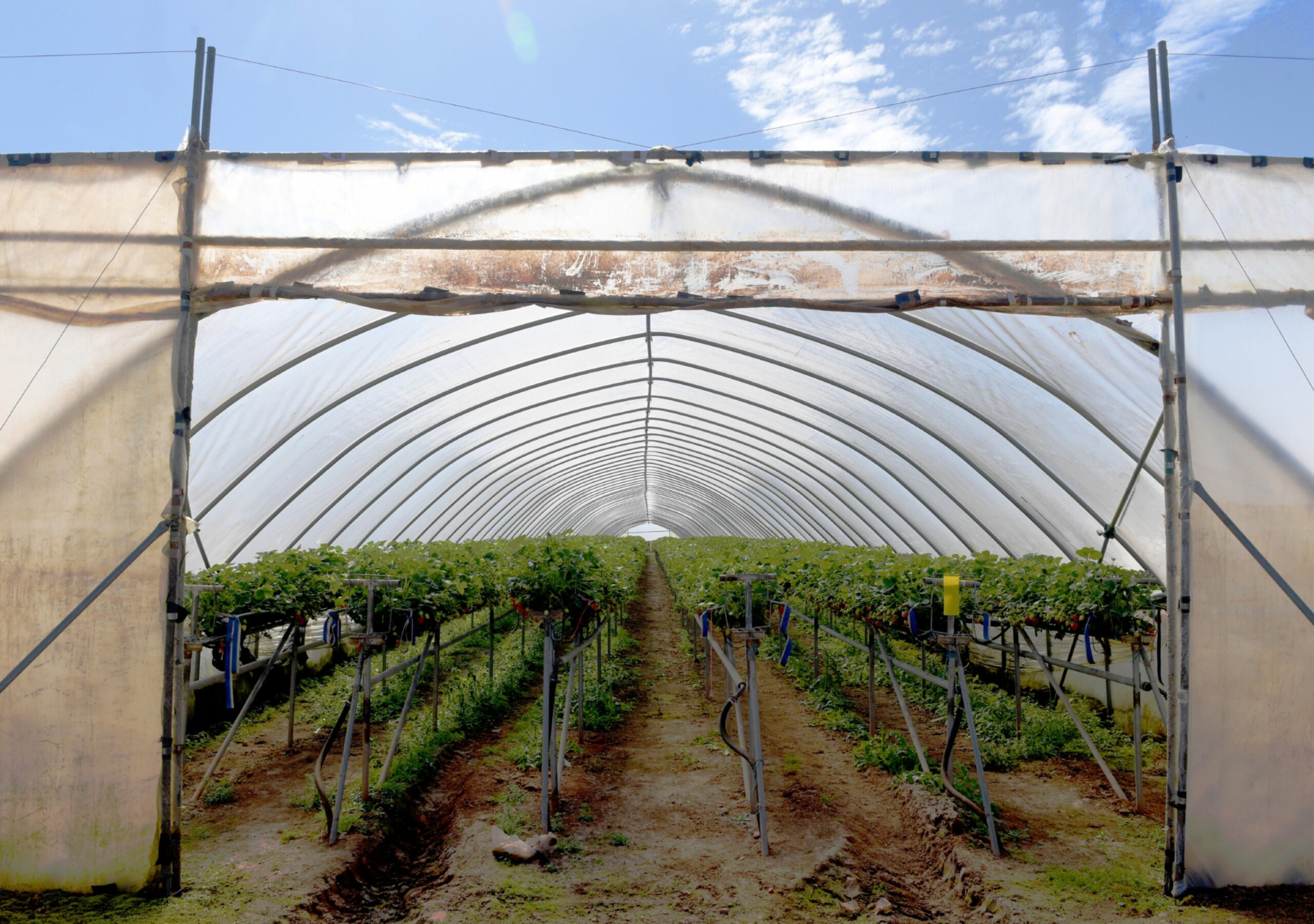
Conversation